What needs to change first to make a fairer workplace for women?

As International Women’s Day’s theme this year is “Break the Bias”, scrutiny is being placed on many issues still facing women in the workplace and beyond.
The Media Leader asked senior women in the media industry what they wanted to see change to make the workplace fairer for women, from flexible working to equal parental leave.
In a thread on Twitter by editor Omar Oakes, equal parental leave, fixing the gender pay gap, and flexible working were some of the suggestions from those in the industry.
What one thing would you change first in the media industry to make it a fairer workplace for women?
— Omar Oakes (@OmarOakes) March 3, 2022
A survey by LoopMe of 5,052 UK consumers between 26 November and 6 December 2021 found 27% thought their office catered to specific female needs and 48% felt their workplace took the needs of females seriously.
The same research found women are more three times more likely to spend more time in the office if female needs were better catered for.
Kate Waters, ITV director client strategy and planning and WACL President
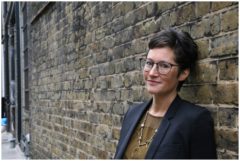
“Normalising flexible working at all levels would go a long way to creating fairer workplaces for women. We know from the Ad Association’s recent All In Census that women are still significantly under-represented at senior levels and that there is a clear motherhood penalty with 10x as many women as men feeling that taking parental leave adversely affected their career.
“Organisations that are ‘FlexibleFirst’ (ie offering the opportunity for WFH, time-shifted or compressed hours, part time working, job sharing etc for every role) create more inclusive workplace cultures and enable women to stay in the workplace for longer, thereby directly addressing the persistent gender pay gap in media.”
Jan Gooding, The Media Leader columnist and executive coach
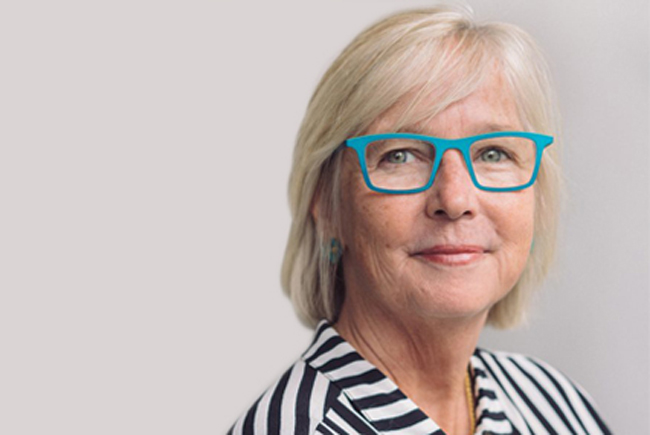
“To be honest there isn’t one thing to change because the issue is systemic. There is no silver bullet. If there had been we would have done it by now.
“Women are the majority and yet here we are, still asking for a level playing field and different work cultures.
“Perhaps we should focus on the progress of minorities instead. It’s easier to appreciate that they demand a different playing field (or system) altogether. Everything we do to create more inclusive workplaces for women of colour, disabled women, older women, lesbians, trans women and every other underrepresented cohort of women – will make eventually it better for all women.”
Kathryn Jacob, CEO at Pearl & Dean
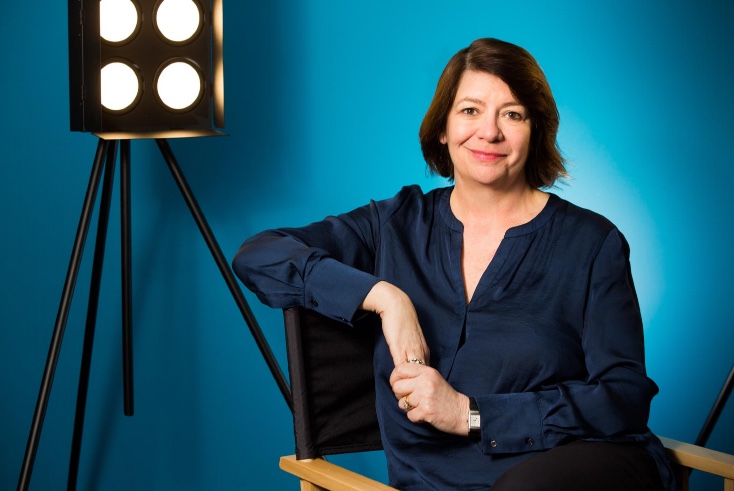
“The issues around inclusion in the industry are numerous. This is why the All In census took place last year. It captured the true picture across our sector and revealed that a third of women believe their company doesn’t treat everyone equally based on their gender.
“The one thing I’d urge the media industry to do to tackle this is to take the Flexible First checklist, which is available on the All In hub. Flexible working is a powerful solution to two issues: attracting and retaining talent (87% of women and men want to work flexibly) and it is also key in helping with diversity and inclusion.”
Maya Tank, business director, DoubleVerify
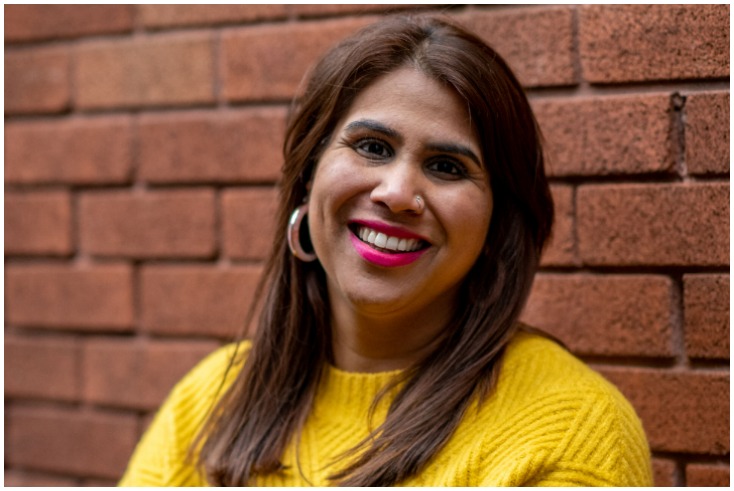
“To meet the theme of ‘Breaking the Bias’ this International Women’s Day, one area the media and advertising industry can focus on is improving representation. We need more women of all backgrounds leading our businesses, managing our teams, speaking at events and more.
“Personally, I’m particularly passionate about bringing more young women into the industry. By creating bespoke events and initiatives, we can enable younger women to ask questions, learn about the sector and ultimately pursue a career in advertising.
“Carving out safe spaces for women to talk to each other, to share experiences, to inform action taken and to mentor one another is vital. Having fantastic women in leadership to learn from has been transformative in my career—we need to nurture those connections.
“This only scratches the surface of what needs to be done. We should welcome the initiative set forth by International Women’s Day and commit to doing our part and taking actions that will improve representation within our industry.”
Claire Enders, founder Enders Analysis
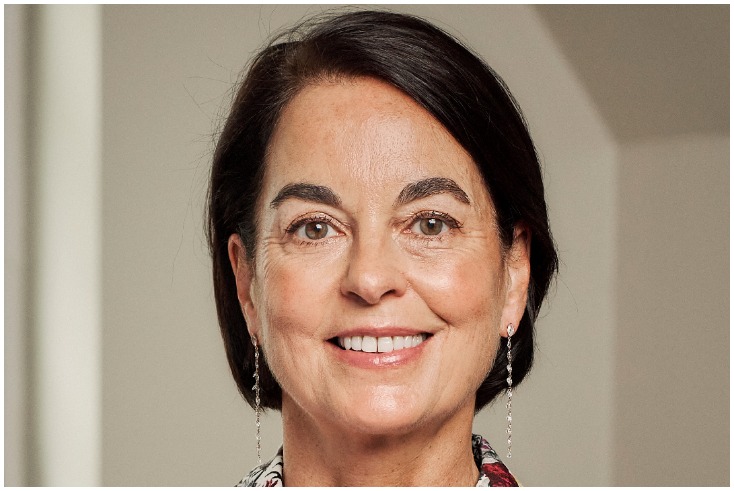
“In the TV and the media industry, there’s a widespread sense that there’s a lack of access for non-white people and that social class is still too significant a feature of the profile of executives.
“My strongest feeling is for the industry to try to look again at its access points, and how it hires and should be much more self-aware about its existing bias towards posh white men.
“I just think that’s a fact and there has been a lot of improvement but there’s just no such thing as perfection in the space.”
Katie Grosvenor, chief customer engagement and growth officer, GroupM UK

“To really move us forward to a fairer workplace, as well as help to breakdown stereotypes, we need to ensure that both women and men can, and do, take advantage of flexible working policies.
“This needs to be demonstrated by employees at all levels, in order for us normalise these behaviours within the company culture and show that balancing your personal needs with your role requirements won’t impact careers.
“Removing the old-fashioned notion that caring responsibilities (of any kind) lay with women will also help remove the inner pressure we can sometimes have as women of being able to balance success at work and being present for our loved ones.”
Bianca Barratt, The Media Leader columnist, freelance journalist and editor

“In my experience, the media has always been driven by a masculine rhetoric – both internally and externally – so it’s unsurprising that so few women are still making it into management positions and the ones that do are typically expected to fit into a masculine environment.
“The one thing I would look to change in the industry is the idea that a masculine communication style is always best – only when it embraces women and more acceptance of a feminine communication and management style can it shake off its ‘old boys’ club’ reputation.
“Seeing more diversity in coverage and stories starts at the top. Get more women in management positions and we’ll begin to see a change.”
Nadine Young, CEO, Starcom

“I think we should look into making policies more gender neutral: specifically policies that relate to specific moments in people’s lives, such as flexible working and parental leave.
“The reasoning behind this is gender-specific policies that highlight differences can be counter-productive; they can lead to women being treated differently, which in turn can make women feel more uncomfortable despite the policy aiming to do the exact opposite.
“Secondly (I’m sneaking it in because I feel strongly about this too!), while there are huge benefits and obvious reasons why women would want to mentor and be mentored by women (and men by men), I would also encourage more “inter-gender” mentoring to build empathy among and between both groups.”




